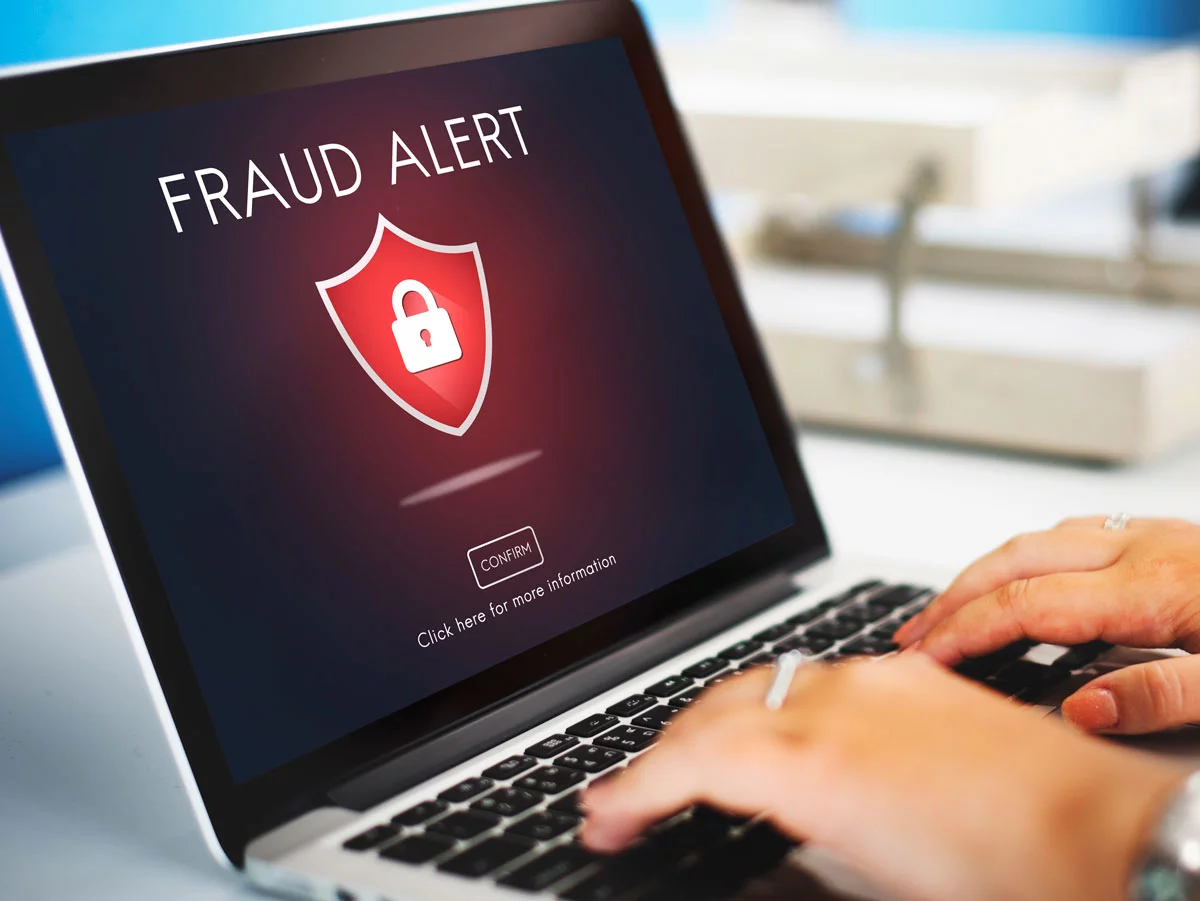Computing
Ransomware, how to recover your files from an infection
Share this news on

Imagine that cybercriminals kidnap your photos, documents, and important files and then demand money from you to return them. In simple terms, that would be ransomware.
What is ransomware?
Ransomware is a type of malware that hijacks your data or PC and extorts you into paying a ransom in exchange for regaining access. Cybercriminals can use ransomware to encrypt your files, lock your computer screen, or even prevent you from using your PC entirely.
What damage does ransomware cause?
The main goal of ransomware is to obtain financial benefits by exploiting victims’ desperation to recover their data. Cybercriminals behind ransomware often threaten to permanently delete files if the ransom is not paid within a certain time frame, increasing pressure on the victim to comply with demands.
If you are a normal user, you may not have much important information on your PC or you do not care what information is on the hard drive, but ransomware can have a devastating impact on a company, not only economically (since it can cause the company’s inactivity), but also in reputation and relationships with clients without forgetting the possible legal consequences that it may have due to the exposure of clients’ personal data and data protection laws.
How to protect yourself from ransomware?
To protect yourself from ransomware, it is important to follow some security recommendations, such as:

What to do if I have already been infected by ransomware?
Although it is obvious, the most important thing is NOT to PAY the ransom, do not feed the cybercriminals, although in some cases of ransomware the files are recovered after paying the ransom, there is no guarantee that the criminals will keep their promise once they receive the money. .
Isolate the affected PC: Immediately disconnect the infected PC from the network to prevent the ransomware from spreading to other computers and sending information to cybercriminals.
Restore your data from a backup: If you have backup copies of your files stored in a safe location not affected by ransomware, use those copies to restore your data. It is important that backups have been made before the infection to prevent backup files from being compromised as well.
Seek professional help: If you cannot recover your data on your own or if the infection is especially severe, consider seeking professional help from cybersecurity services or data recovery experts.
We hope that these tips help you with your problem, remember that the ideal is always to prevent infection, especially if you have a company, since the damage that an infection can do to your company can be chaos, consider hiring professional computer maintenance to avoid problems before they happen.
subscribe to our Newsletter
Subscribe now to our newsletter and stay up to date with the latest in technology, exclusive launches and irresistible offers.
Don’t wait any longer and take advantage of all the advantages we have prepared!
